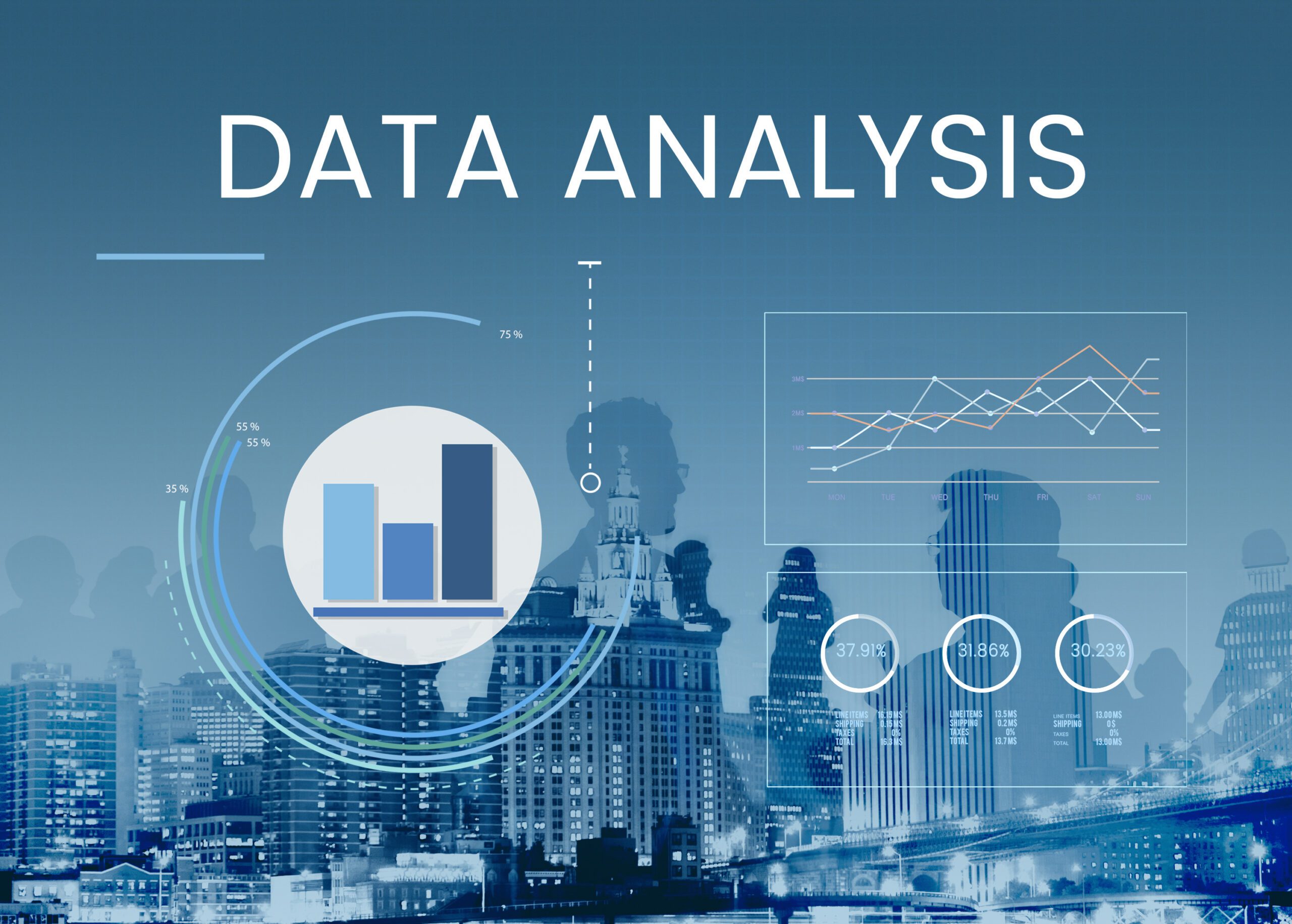In today’s data-driven world, businesses are increasingly turning to data analytics consulting services to gain actionable insights, improve decision-making, and drive growth. However, estimating the cost of these services can be complex, involving multiple factors. This blog will delve into the key components that contribute to the cost estimation of data analytics consulting services, helping businesses budget effectively and maximize their return on investment.
1. Initial Consultation and Needs Assessment
The starting point for any data analytics consulting engagement is a thorough understanding of the client’s needs and goals:
- Consultation Fees: Initial meetings to discuss business objectives, challenges, and specific data analytics requirements.
- Needs Assessment: Detailed analysis to understand current data infrastructure, identify gaps, and define the project’s scope.
2. Project Scope and Complexity
The scope and complexity of the project significantly influence the overall cost:
- Project Size: Larger projects with broader scope require more resources and time, leading to higher costs.
- Technical Complexity: Projects involving complex data models, advanced analytics, or integration of multiple data sources are more expensive due to the specialized skills required.
3. Consulting Team Expertise
The cost of data analytics consulting services is largely determined by the expertise and experience of the consulting team:
- Senior Consultants: Experienced consultants with deep expertise command higher rates.
- Junior Analysts: Less experienced analysts are more cost-effective but may require additional oversight and time.
4. Data Collection and Integration
Gathering and integrating data from various sources is a critical component of any data analytics project:
- Data Acquisition: Costs for acquiring data from internal and external sources, including databases, APIs, and third-party providers.
- Data Integration: Fees for integrating disparate data sources into a cohesive system, which may involve custom coding and configuration.
5. Data Cleaning and Preparation
Preparing data for analysis is often time-consuming and essential for accurate results:
- ETL Processes: Extract, Transform, Load (ETL) tools and services to clean, transform, and load data into analytics systems.
- Data Quality Tools: Software for data validation, deduplication, and enrichment to ensure high-quality data.
6. Analytics Tools and Software
The selection of analytics tools and software can significantly impact costs:
- Licensing Fees: One-time or subscription fees for proprietary analytics software such as Tableau, Power BI, or SAS.
- Open Source Tools: Tools like Apache Hadoop or R, which might be free but require expertise for effective use.
- Cloud-Based Services: Subscription fees for platforms like Google BigQuery or Amazon Redshift.
also read – cybersecurity in fintech industry
7. Development and Implementation
Developing and implementing analytics solutions involves several cost factors:
- Custom Development: Building tailored dashboards, reports, and analytics tools to meet specific business needs.
- Implementation Services: Deploying analytics solutions, configuring software, and ensuring seamless integration with existing systems.
8. Advanced Analytics and Machine Learning
For more sophisticated projects, additional costs may arise from:
- Machine Learning Models: Development and training of machine learning models for predictive analytics or automated decision-making.
- AI Services: Utilizing artificial intelligence platforms and services, which may involve additional subscription or usage-based fees.
9. Training and User Adoption
Ensuring that stakeholders can effectively use analytics tools is crucial for the success of the project:
- Training Programs: Workshops, online courses, and training materials to educate employees on analytics tools and methodologies.
- User Support: Ongoing support services to assist users with technical issues and ensure smooth adoption of analytics solutions.
10. Maintenance and Updates
Maintaining and updating analytics systems is necessary to keep them running efficiently:
- Maintenance Contracts: Regular maintenance services to address system issues and ensure optimal performance.
- Software Updates: Fees for software updates, new features, and enhancements to keep analytics tools current.
11. Data Security and Compliance
Protecting sensitive data and ensuring compliance with regulations involves:
- Security Measures: Implementing robust security protocols to safeguard data.
- Compliance Costs: Ensuring adherence to data protection regulations like GDPR or CCPA, which may involve legal and compliance fees.
12. Hidden Costs and Contingency
Lastly, businesses should be aware of potential hidden costs:
- Change Requests: Costs associated with changes in project scope or requirements.
- Contingency Budget: Allocating a portion of the budget for unforeseen issues or delays.
Conclusion
Estimating the cost of data analytics consulting services involves a thorough understanding of various factors, including initial consultation and needs assessment, project scope and complexity, consulting team expertise, data collection and integration, data cleaning and preparation, analytics tools and software, development and implementation, advanced analytics, training, maintenance, security, and potential hidden costs. By carefully considering these components and planning accordingly, businesses can effectively budget for their data analytics projects and achieve significant returns on investment. Properly managed data analytics consulting services can provide valuable insights, drive strategic decision-making, and ultimately contribute to the growth and success of the organization.



